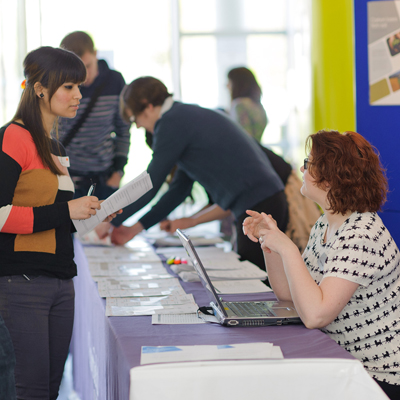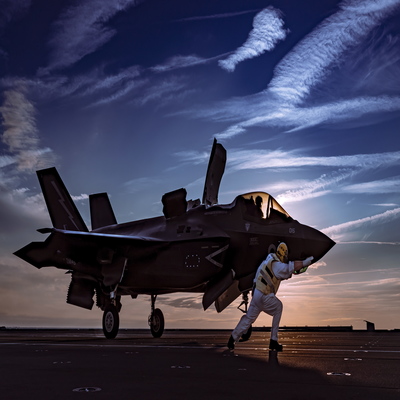Roger Crook, Lecturer in Defence Acquisition and Logistics at Cranfield University, with a background in the Armed Forces, comments on what the role of the UK military may be in tackling COVID-19:
The Armed Forces train to confront a crisis and are uniquely placed to assist the national response to the insidious and invisible coronavirus, and its all too visible form of COVID-19. Whilst all Departments of State attempt to mitigate the impact, the national focus is the unprecedented demand on the NHS. The military can be a significant part of that response. They are used to supporting the civil authorities, such as building flood defences or security for major events, including the 2012 Olympic and Paralympic Games. And they can respond quickly: the Ministry of Defence stood up a COVID Support Force of 20,000 Armed Forces personnel in a matter of days.
So, what might they do?
Prepare for a range of scenarios
Planning is fundamental to military operations and it is normal to prepare for a range of scenarios. In addition to national-level strategic planning, military planners are working with Local Resilience Forums to provide support to public services, local authorities and emergency services. Clearly, we all hope for a best case outcome for the spread of coronavirus but it is prudent to plan for the worst case. TV images from around the world make this a disturbing thought but it is better to prepare and have a plan in order to avoid potential chaos. This requires clear, level-headed thinking and the military planning process takes some of the emotion out of the decision making.
Communications are vital
No matter how good the planning, communications are vital. It was this capability that transformed the response to the foot and mouth disease in 2001. The initial approach was fragmented and the military brought the ability to coordinate regional responses to a national effort. Of all the abilities the Armed Forces bring, it is the communication capabilities that will enable an effective response.
‘No plan survives contact with the enemy’
In this crisis, some tasks are discrete events, such as military repatriation flights for UK citizens stranded abroad. Supporting the NHS response is less predictable, a bit like military operations where 'no plan survives contact with the enemy'. Whilst there is growing confidence in modelling predictions of the virus spread, inaccurate assumptions and human behaviour mean there will always be uncertainty. Consequently, the plan must be agile and adaptable. Developed over centuries, these attributes are in the DNA of the Armed Forces’ organisation and processes.
Planning capability and command structures
In addition to logistic and medical specialists, trucks and infrastructure, the Armed Forces have planning capability and command structures to deliver the plan. For example, increasing the transport capacity of the NHS supply chain to cope with exceptional demand and replacing sick or isolating planners and drivers. This requires constant co-ordination and perhaps some special training, such as driving an oxygen tanker.
NHS Nightingale
The military also bring expertise in building and operating field hospitals so will play a leading role in creating NHS Nightingale at the ExCeL conference centre in East London. This emergency project is being run from the Headquarters Standing Joint Command in Aldershot, which coordinates resilience missions for the state. Around 700 military logisticians, engineers, doctors and nurses, medical technicians and more will work with the NHS to design, deliver and operate the facility at pace. Initial capacity is 500 beds when it opens next week and 4,000 beds a week later.
As the national response evolves to manage the spread of coronavirus and treating patients with COVID-19, the Armed Forces is in a position to provide significant support to the NHS. There are not enough uniformed medical staff to make a significant difference to treatment capacity but there are military logistic, planning and communication capabilities that can.
Notes for editors
Image credit: Crown Copyright/MoD
About Cranfield University
Cranfield University is a specialist postgraduate university that is a global leader for education and transformational research in technology and management.




